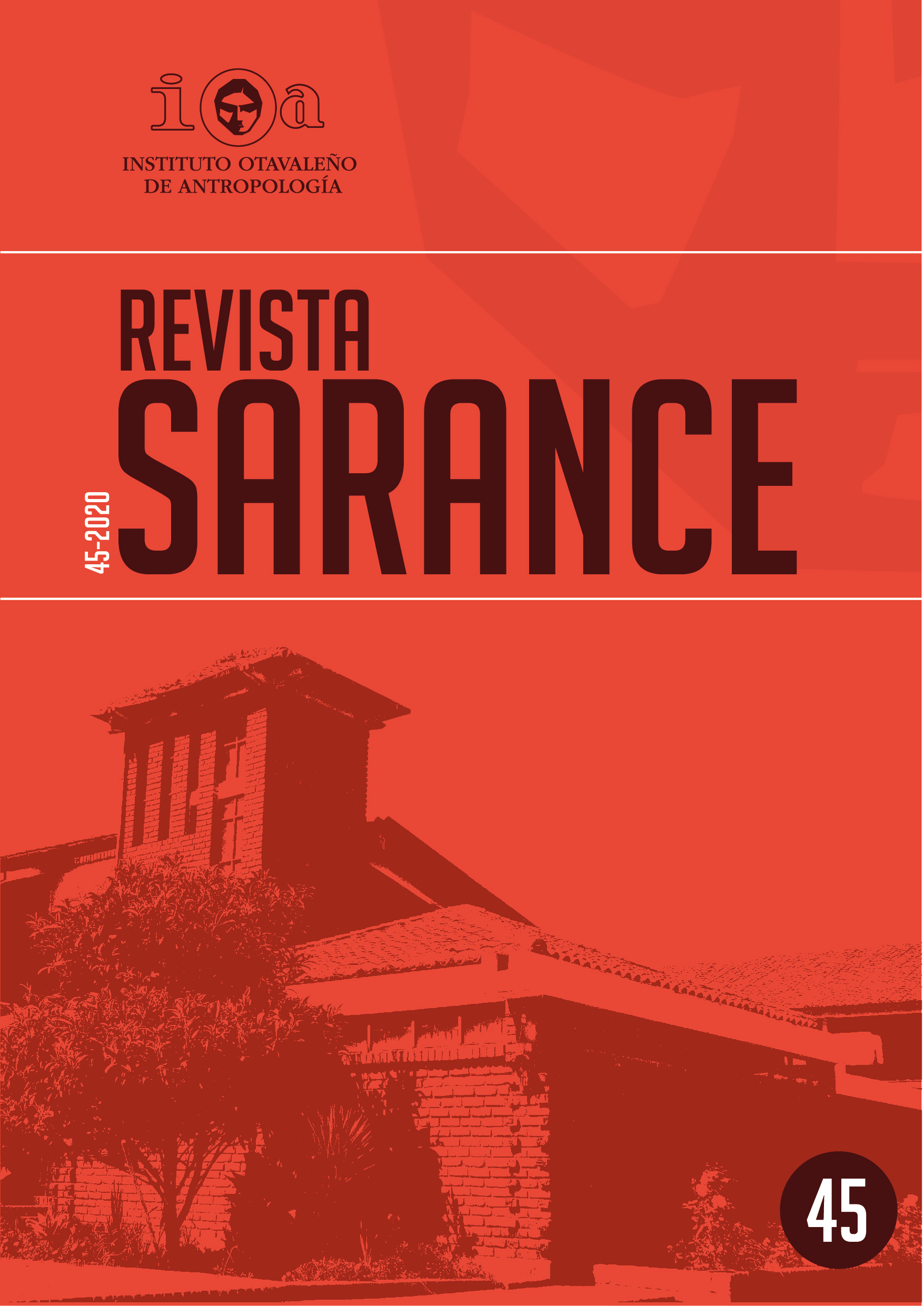Abstract
The present study addresses the social imaginary about Hispanic American criollos from several peninsular authors and writings, becoming a circumstance that would trigger a true ideological war of topics and stereotypes that emerged from the 16th century and consolidated throughout the eighteenth century. Consequently, that official, ecclesiastical, and profane literature of various Spanish authors has been taken as the primary source; of these authors, some resided in America and formed a heterogeneous image of the American nobles, while others, from the metropolis, imagined the criollos with certain biases and anthropological representations. Travelers, authorities, and enlightened people provide us with a rich image of other, his most similar other, the criollo, within a context in which the Bourbon reforms had created a new criollo feeling.

This work is licensed under a Creative Commons Attribution-NonCommercial-ShareAlike 4.0 International License.
Copyright (c) 2020 Array





